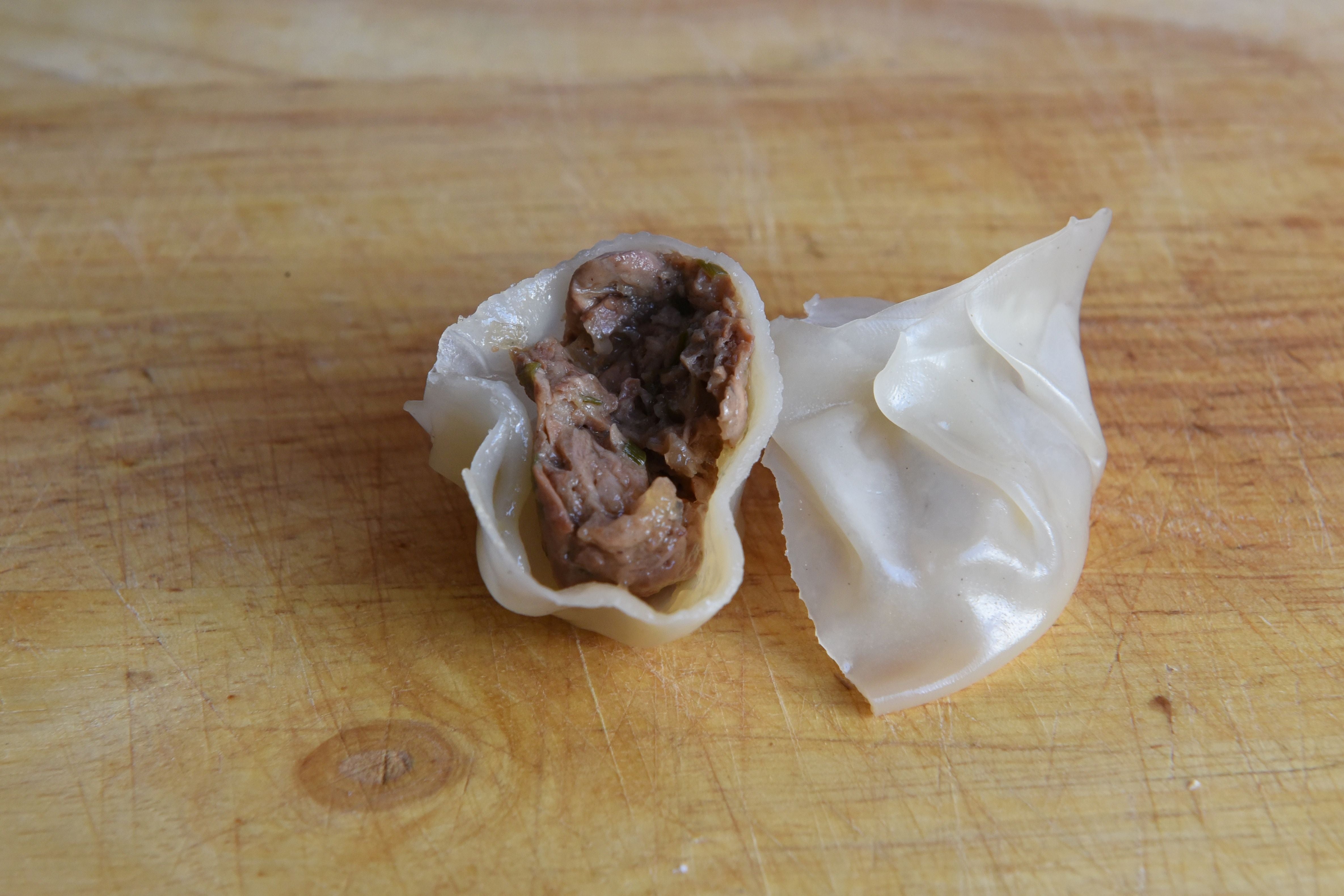Lab-grown meat to go on sale for first time
Singapore Food Agency approves ‘cell-cultured chicken’, making it the first country in the world to give the go-ahead to sales of lab-created meat

Your support helps us to tell the story
From reproductive rights to climate change to Big Tech, The Independent is on the ground when the story is developing. Whether it's investigating the financials of Elon Musk's pro-Trump PAC or producing our latest documentary, 'The A Word', which shines a light on the American women fighting for reproductive rights, we know how important it is to parse out the facts from the messaging.
At such a critical moment in US history, we need reporters on the ground. Your donation allows us to keep sending journalists to speak to both sides of the story.
The Independent is trusted by Americans across the entire political spectrum. And unlike many other quality news outlets, we choose not to lock Americans out of our reporting and analysis with paywalls. We believe quality journalism should be available to everyone, paid for by those who can afford it.
Your support makes all the difference.Singapore has become the first country in the world to approve laboratory-created and slaughter-free chicken for sale.
The “chicken bites” produced by California-based food start-up Eat Just received regulatory approval from the Singapore Food Agency, in a moment seen as opening the door to a future where all kinds of meat can be produced without killing animals.
The product is created from animal cells and will be launched in the country under the Good Meat brand. It is unclear at the moment that when it will first be served to consumers, initially in a restaurant setting.
The CEO of the company, Josh Tetrick, told reporters that the meat might cost as much as premium chicken in the beginning but that prices are expected to fall as production volume increases.
He said the firm was also talking to US regulators but that Singapore was a “good bit” ahead of the United States in this respect.
“I would imagine what will happen is the US, Western Europe and others will see what Singapore has been able to do, the rigours of the framework that they put together. And I would imagine that they will try to use it as a template to put their own framework together,” he told Reuters.
The island country of Singapore has emerged as one of the leading countries in the field of farm revolution. Currently, Shiok Meats, a Singapore-based start-up, which aims to become the first company to sell lab-grown shrimp, is backed by Henry Soesanto of Philippines’ Monde Nissin Corp, which also owns Quorn.
With the aim to beef up its food production from 10 per cent to 30 per cent by 2030, the country hopes to reduce reliance on imports to feed its 5.6 million people.
The demand for cultured meats as a substitute for regular meat has surged in the past few years and is further fuelled by growing concern about health, animal welfare and its impact on the environment.
According to the Good Food Institute, globally there are at least 55 firms that are testing lab-grown fish, beef and chicken with hopes of breaking into the industry.
A 2019 report by Barclays predicted that the global alternative meat market, currently valued at $14bn or aboutone per cent of the $1.4 trillion meat industry, could be worth 10 times more by 2029.
The coronavirus pandemic also exposed flaws within the meat industry after several processing plants in the US and Europe suffered massive outbreaks of the disease, putting the supply chain of the industry in crisis.



Join our commenting forum
Join thought-provoking conversations, follow other Independent readers and see their replies
Comments